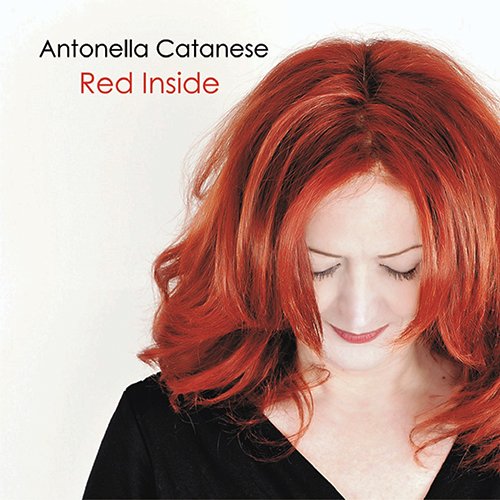Noseda, Gianandrea - Dallapiccola, L.: Orchestral Works, Vol. 1 (2004)
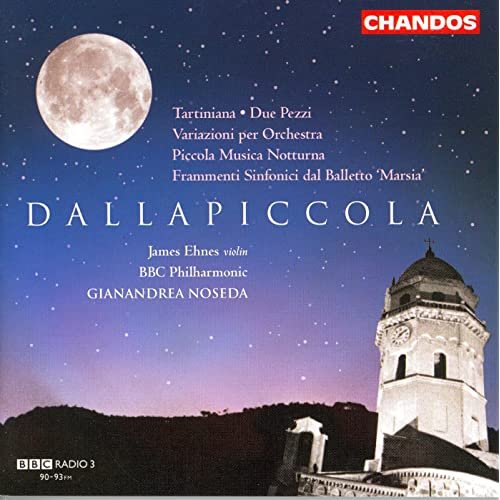
Artist: Noseda, Gianandrea
Title: Dallapiccola, L.: Orchestral Works, Vol. 1
Year Of Release: 2004
Label: Chandos
Genre: Classical
Quality: FLAC (tracks+booklet)
Total Time: 01:12:56
Total Size: 269 MB
WebSite: Album Preview
Tracklist:Title: Dallapiccola, L.: Orchestral Works, Vol. 1
Year Of Release: 2004
Label: Chandos
Genre: Classical
Quality: FLAC (tracks+booklet)
Total Time: 01:12:56
Total Size: 269 MB
WebSite: Album Preview
01. I. Larghetto, molto espressivo, ma semplice - (2:09)
02. II. Allegro misurato (2:53)
03. III. Molto sostenuto (Tempo I) - Più mosso e scorrevole [Tempo II] - Tempo I, molto sereno - Tempo II - Tempo I [funebre] - (6:10)
04. IV. Allegro assai, ma non precipitato - (a la musette) (3:39)
05. No. 1, Sarabanda (8:12)
06. No. 2, Fanfara e Fuga (4:14)
07. Piccola musica notturna (9:00)
08. Danza Magica - (2:53)
09. Ostinato - (5:14)
10. Sostenuto, ma deciso (Recitando) - Danza di Apollo - (3:09)
11. Ultima Danza di Marsia - (3:59)
12. La Morte di Marsia (4:59)
13. Variazione 1: Quasi lento, misterioso - Appena più scorrevole - Tempo I - (Tempo II) - Tempo I - (3:33)
14. Variazione 2: Allegro, con fuoco - (0:38)
15. Variazione 3: Mosso, scorrevole - (1:29)
16. Variazione 4: Tranquillamente mosso - (0:50)
17. Variazione 5: Poco allegretto, "alla Serenata" - (0:28)
18. Variazione 6: Molto lento, con espressione parlente - (1:27)
19. Variazione 7: Andantino amoroso - (1:07)
20. Variazione 8: Allegro con violenza - (1:38)
21. Variazione 9: Affettuoso, cullante - (1:25)
22. Variazione 10: Grave Ancora più lento, misterioso - Grave (come prima) - (2:24)
23. Variazione 11: Molto lento, fantastico (1:38)
While Luigi Dallapiccola is most remembered for his serial compositions, listeners may be surprised to find that much of his output is quite approachable and highly enjoyable. Dallapiccola occasionally wrote openly tonal works in a neo-Classical vein, and several of his milder twelve-tone pieces lean toward tonality in their triad-based rows and beautifully crafted themes. This 2004 release presents some of Dallapiccola's most accessible music, warmly performed by Gianandrea Noseda and the BBC Philharmonic, and richly recorded by Chandos. The CD opens with the bright Tartiniana (1951), an antic divertimento based on themes by Giusseppe Tartini that could be compared to Stravinsky's Pulcinella in its spicy harmonies and wryly humorous treatment of eighteenth century material. Dallapiccola's music is more complex and challenging in his ballet suite Frammenti Sinfonici dal Balletto, Marsia (1942-1947), but its quasi-Impressionistic orchestration and dramatic rhetoric are appealing, and the use of twelve-tone technique is barely perceptible. The darker-hued Due Pezzi (1947), the mysteriously evocative Piccola Musica Notturna (1954), and the profusely inventive Variazioni per Orchestra (1953-1954) are all dodecaphonic works, yet Dallapiccola's continuous lines and serene atmospheres are far removed from the agitated Expressionism of the Second Viennese School and the dense complications of the postwar avant-garde.

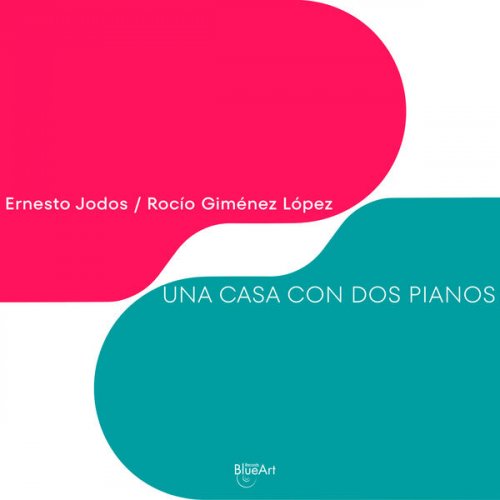
![Mammal Hands - Circadia (2026) [Hi-Res] Mammal Hands - Circadia (2026) [Hi-Res]](https://www.dibpic.com/uploads/posts/2026-02/1771945393_folder.jpg)
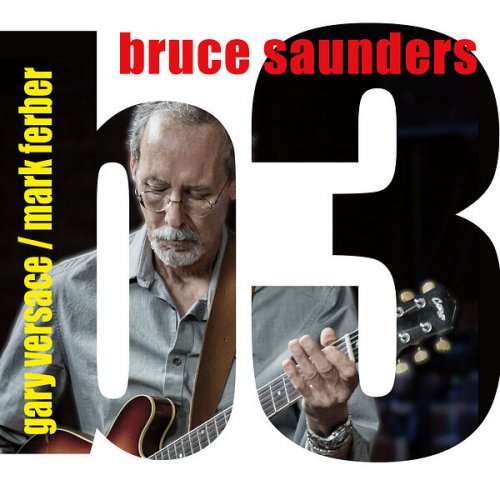
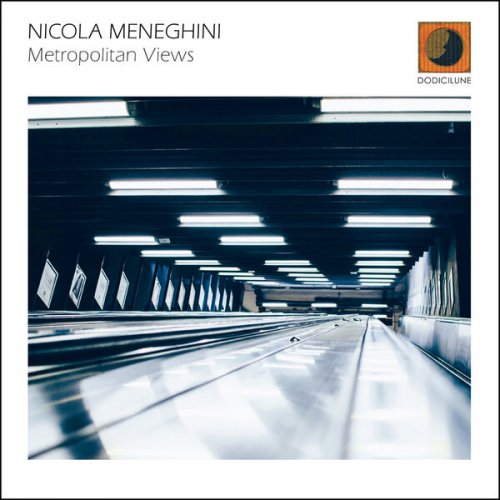
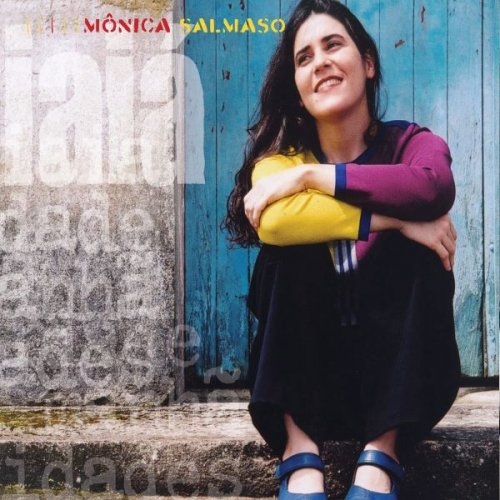
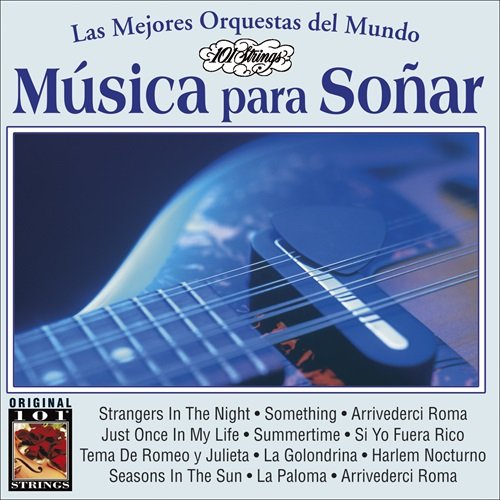
![Ex Novo Ensemble - Claudio Ambrosini: Chamber Music (2020) [Hi-Res] Ex Novo Ensemble - Claudio Ambrosini: Chamber Music (2020) [Hi-Res]](https://img.israbox.com/img/2026-02/22/z541qb9ul4q390uxlw1d9iak3.jpg)
